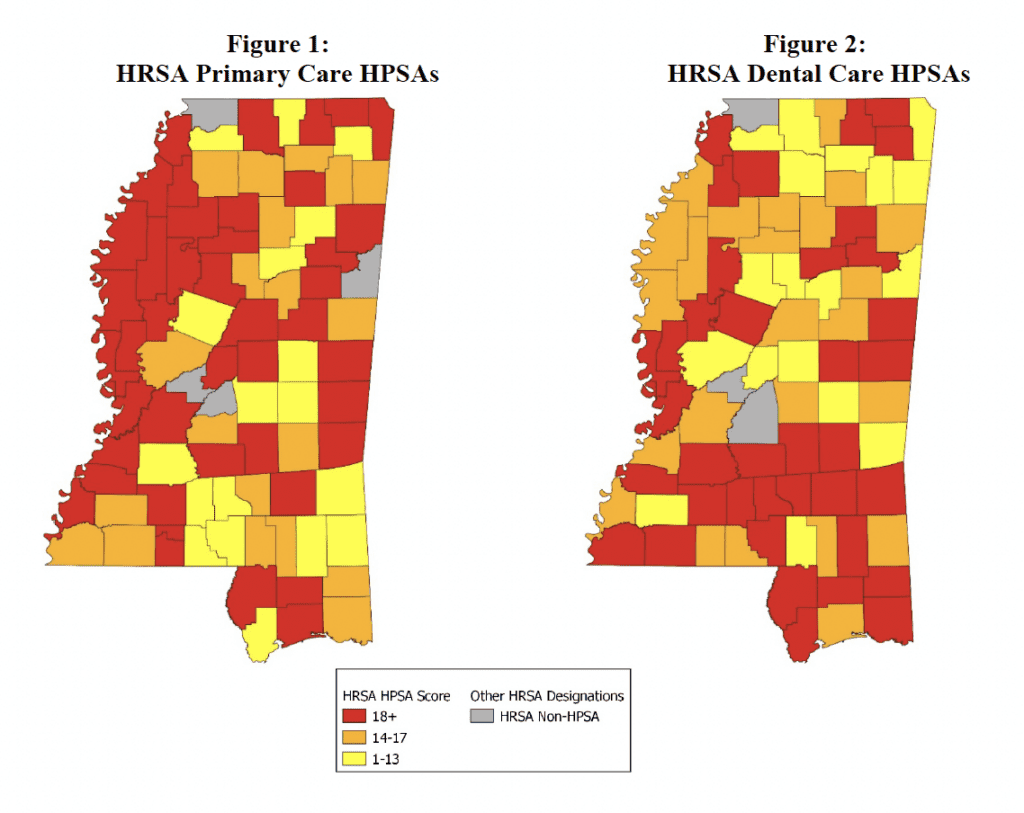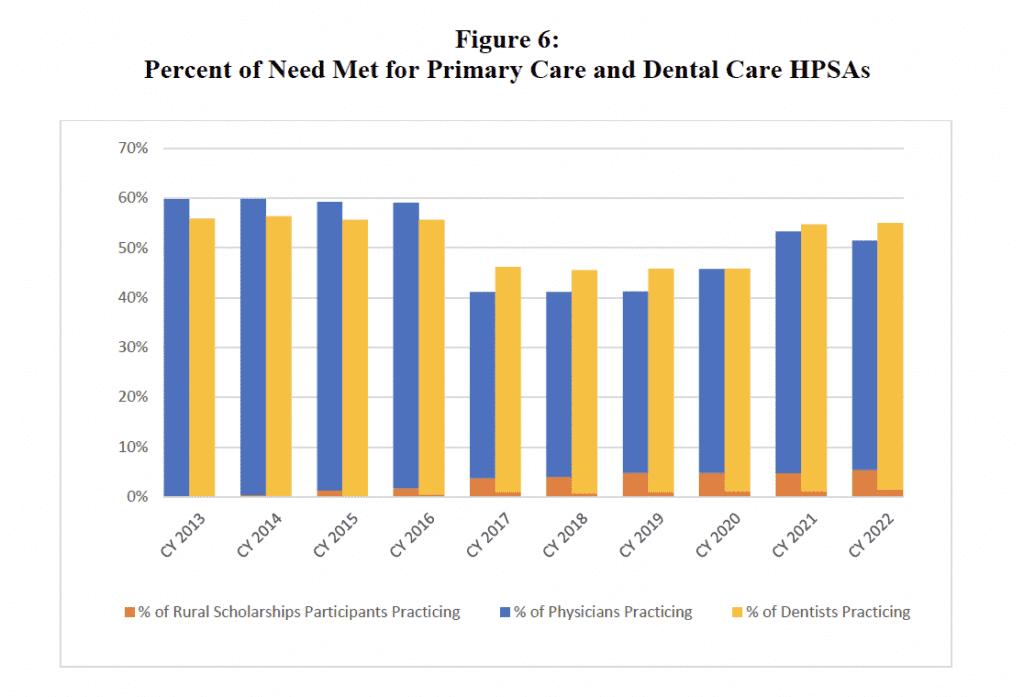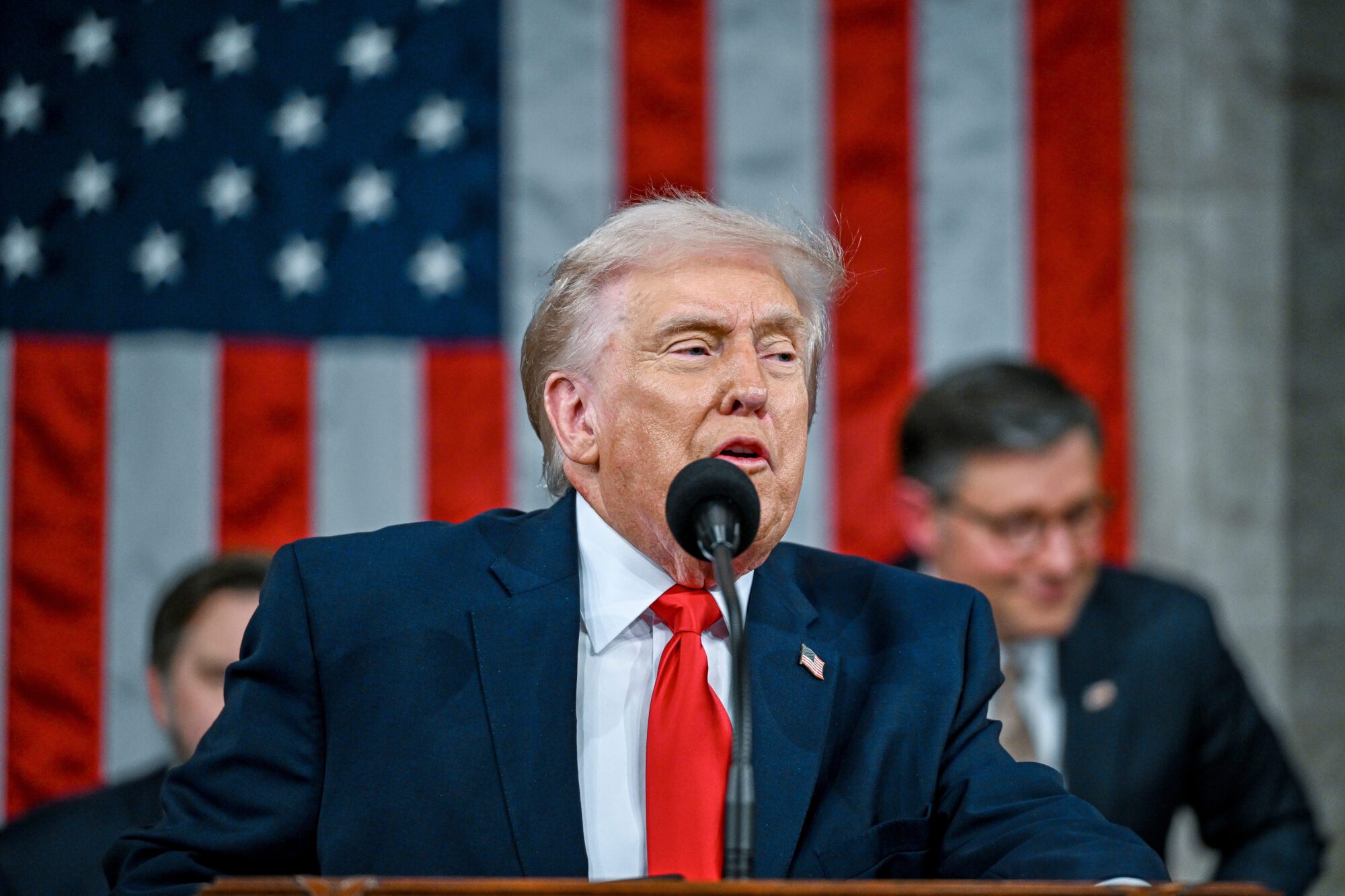
Mississippi taxpayers have invested $33 million into the scholarship programs aimed at addressing healthcare delivery shortages in rural areas. A recent State Auditor’s report recommends tightening the definition of “rural” to ensure that care remains in high-need areas.
A recent report by the State Auditor’s office looked at two programs which aim to address shortages within Mississippi’s healthcare system. The two programs are the Mississippi Rural Physicians and Dentists Scholarship Programs.
“The nation is experiencing extreme shortages in our healthcare workforce and Mississippi is no exception. Incentivizing our graduates in medicine, dentistry, nursing, and allied health professions to stay in rural Mississippi is part of the solution. We also have a responsibility to examine these programs and determine how we can make them as effective as possible,” said Lt. Governor Delbert Hosemann.
The dentistry program has been in place since 2013, while the physicians’ scholarship program was started in 2007. These scholarships aim to incentivize future doctors and dentists to work in rural communities across the state.
According to State Treasurer David McRae, more than half of the state’s population is located in rural communities. Out of the 82 counties in Mississippi, 65 are considered rural. In addition, the Health Resources and Services Administration (HRSA) classifies 80 of 82 counties as containing shortages in primary or dental care.

To date, taxpayers have invested $33 million into both scholarship programs, resulting in roughly 119 physicians and 17 dentists being placed in rural areas of the state. Yet, the need continues to grow.
State budget appropriations for the scholarship fund has grown every year since 2008. In recent fiscal years, $2.2 million went to the Rural Physicians Program and $420,000 was direct into the dental program in both FY2023 and FY2024.
“It’s critical that we ensure the rural areas of our state have enough doctors and dentists to serve our people,” said Auditor Shad White. “The purpose of this report is to help the rural healthcare scholarships improve their operations to maximize every dollar the taxpayers spend on the programs.”
The Auditor’s report also identified potential ways to administrators can improve policies and procedures within the programs. Particularly, it recommends tightening the definition of “rural” to guarantee that doctors and dentists are only working in high-need areas.
Each program is overseen by a commission that establishes policies and procedures. In the report, Auditor White noted that state law is vague, allowing for the boards to administer a “broad discretion” to the programs.
One example in the report is the City of Flowood, which is designated as a rural area because it is a municipality with less than 15,000 people despite bordering Jackson, the state’s largest city. Because of this, 10% of the state’s active physician program participants are practicing in those areas.
Both the physician and dental programs also allow for participants from non-rural areas to receive scholarships despite state law that would prohibit it.
“With some small improvements, Mississippi can make its healthcare scholarships even stronger,” said White. “They are helping to meet a critical need in our state and keeping talented doctors and dentists here at home instead of moving to another state.”
The Auditor’s office suggested closer monitoring of these physicians who fail to keep up with requirements to serve rural areas. The report recommended the participants be required to repay scholarship money if they fail to serve in rural areas.
According to the MRPSP/MRDSP office, 25% of all rural physicians and 14% of dentist program participants were in breach of their contract. When a breach happens, the Office of School Financial Services converts the scholarship into a loan with interest based on first disbursement. The money paid back is deposited into an account managed by the University of Mississippi Medical Center Accounting Department and goes toward other scholarships.
White said neither office is reliably identifying when those breaches occur.
The Auditor’s report goes on to indicate that 64 doctors and 12 dentists have completed their program obligations. Out of those, at least 27 doctors (42%) and 3 dentists (25%) will remain in rural areas.

As for delivery of care, health needs were being met at high rates between 2013 through 2016. However, in 2017, there was a down shift which resulted in less than 50% of the needs being met by doctors and dentists in rural areas. That number remained roughly the same until 2021 when there was an increase. In 2022, the number of rural physicians and dentist program participants made up 5% and 1% of the met needs.
Overall, the two programs are supplying doctors and dentists to work in rural areas, but improvements are needed, White said.
“By investing in the Rural Scholarships Programs and similar programs aimed at expanding healthcare availability throughout our state, the Legislature can better develop the healthcare landscape to meet the needs of Mississippi taxpayers,” the Auditor’s report stated.
Read the full report below:











